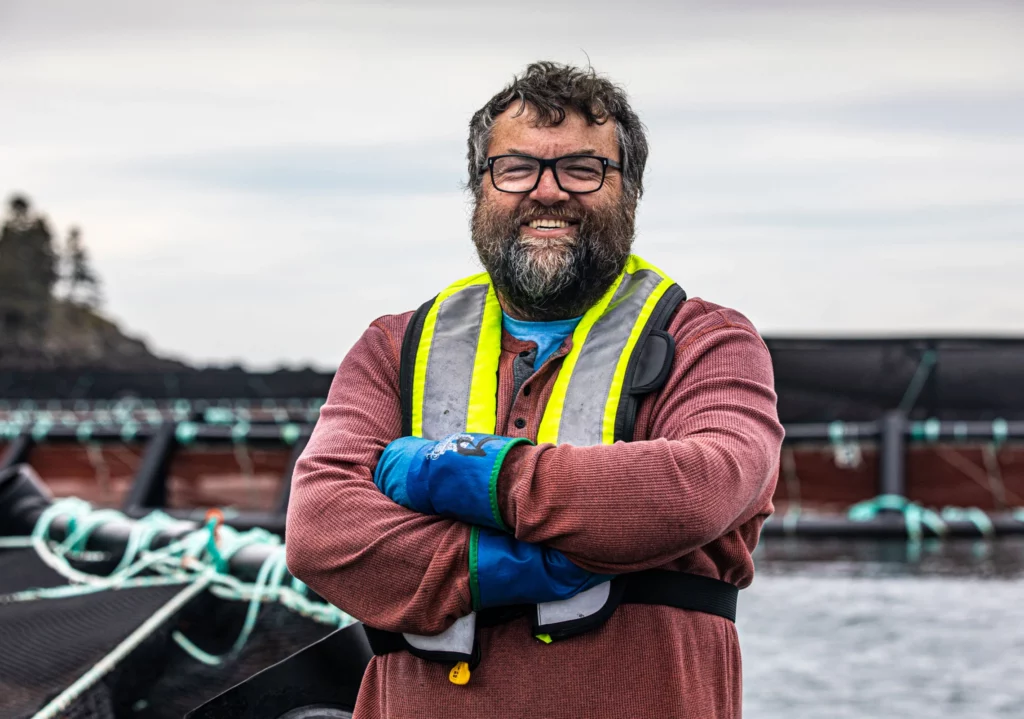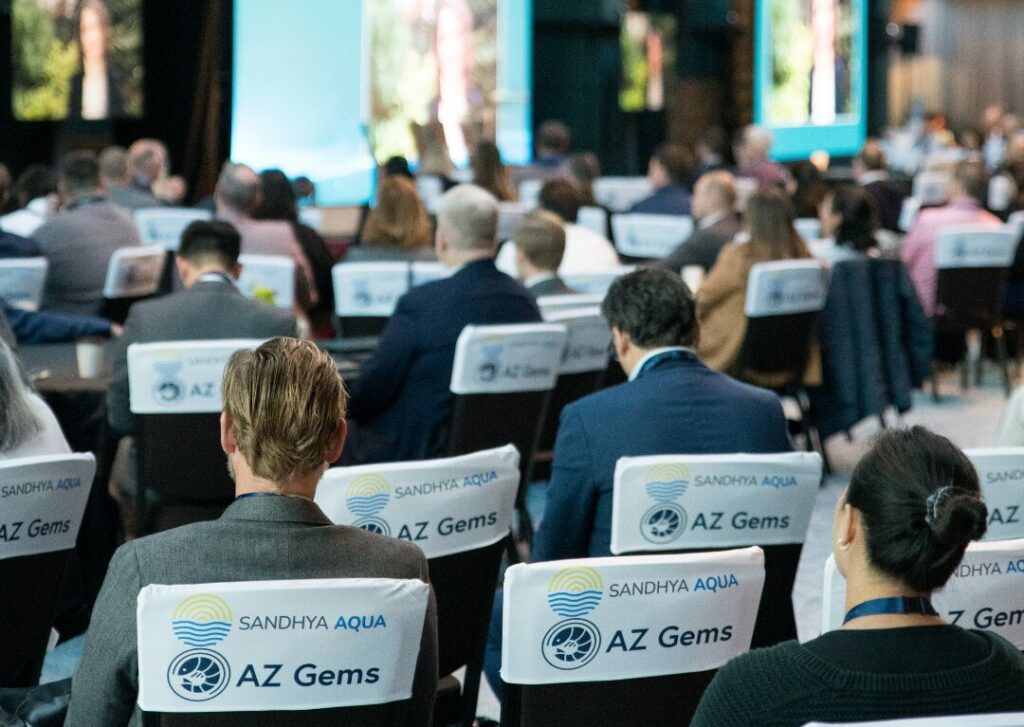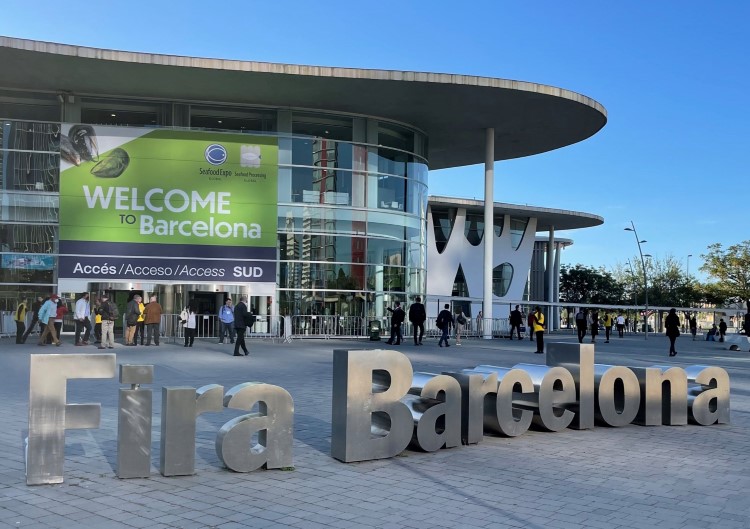Navigating the Depths: Advancing Human Rights in the Seafood Industry
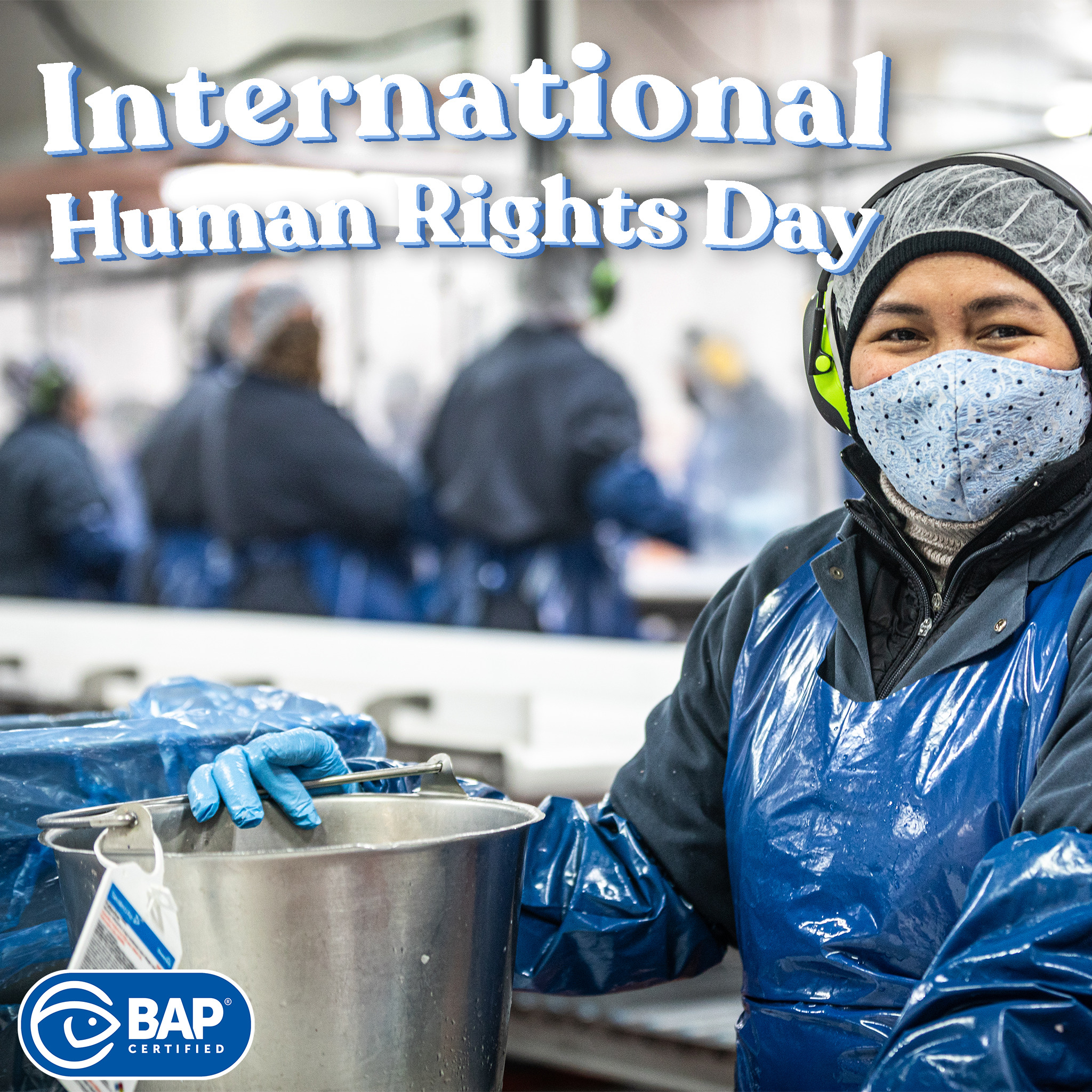 As the world celebrates International Human Rights Day and the 75th anniversary of the Universal Declaration of Human Rights (UDHR) on December 10, we are reflecting on our efforts to promote and protect human rights in the seafood industry both on land and at sea.
As the world celebrates International Human Rights Day and the 75th anniversary of the Universal Declaration of Human Rights (UDHR) on December 10, we are reflecting on our efforts to promote and protect human rights in the seafood industry both on land and at sea.
The UDHR, crafted in the aftermath of World War II, proclaimed the inalienable rights every human being is entitled to. Its principles, as relevant today as they were 75 years ago, resound across borders, calling for a world where every individual is treated with dignity, enjoys freedom, and can seek justice.
The Global Seafood Alliance works to prioritize respect for human rights on land and at sea by setting and continuously updating standards throughout the supply chain (hatchery, feed mill, farm, vessel, and processing plant) that help the industry fulfill their responsibility to respect human rights.
While the social responsibility standards for Best Aquaculture Practices (BAP) and Best Seafood Practices (BSP) certification slightly vary by facility type, they cover rights enshrined in the UDHR and labor conventions:
- Wages and hours
- No forced labor, child labor or discrimination
- Freedom of association and collective bargaining
- Health and safety
- Good community relations (i.e. not blocking access to public areas such as common land, fishing grounds, etc.)
A third-party assessment of the impact of the BAP social standards found that through the certification process, workers experienced the greatest improvements relating to health and safety and working hours. To continue advancing efforts around wages, in our update to the Seafood Process Plant Standard we will require plants to develop a plan to pay workers a living wage.
Socially Responsible Seafood
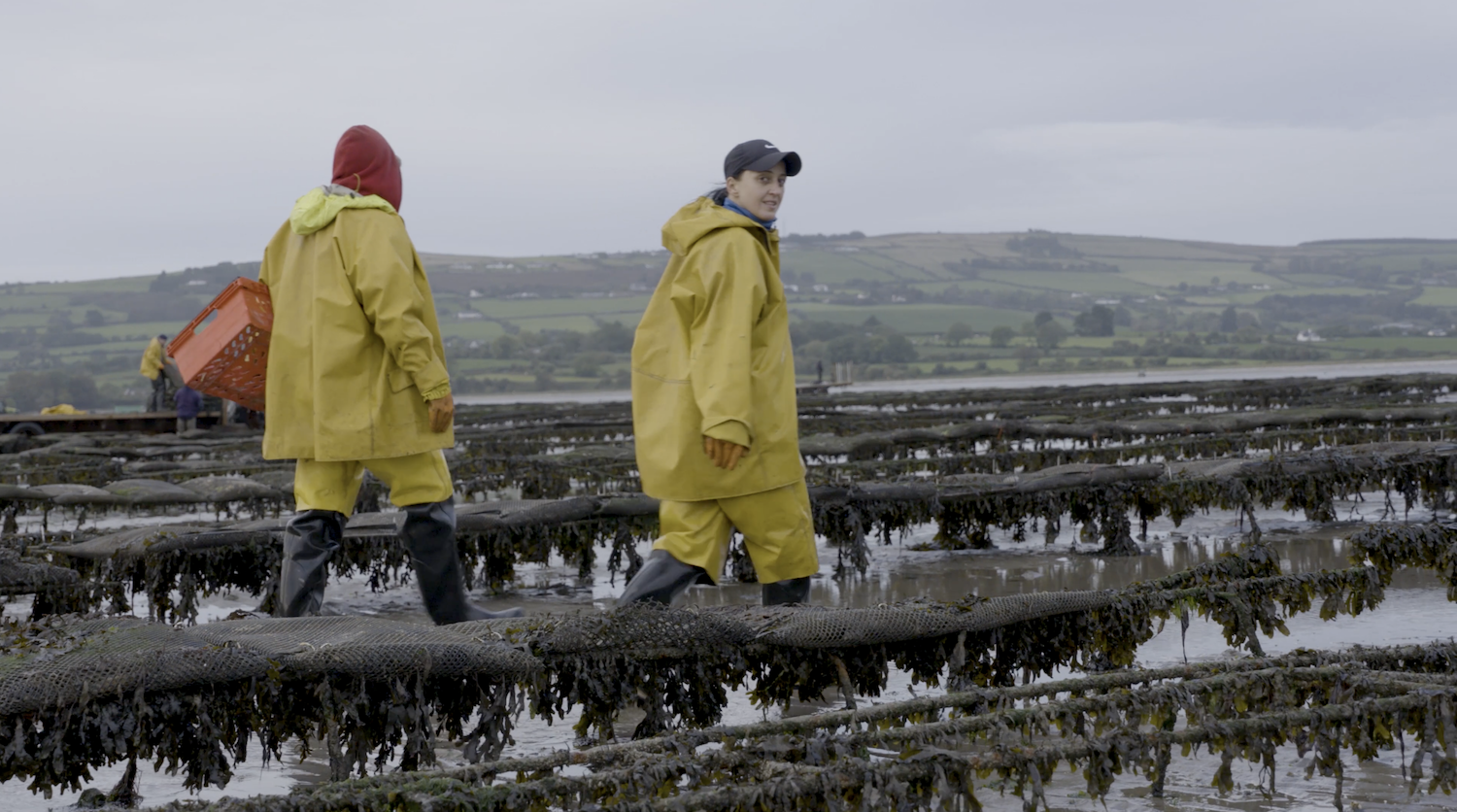 GSA’s Responsible Fishing Vessel Standard (RFVS) is a voluntary program certifying high standards of operational practices that relate to crew safety and welfare on board commercial fishing vessels. The RFVS is an assurance tool that enables fishing operations to showcase industry-agreed best practice from the catch to the shore through independent, third-party auditing. The RFVS has in-depth requirements for social accountability, as outlined here.
GSA’s Responsible Fishing Vessel Standard (RFVS) is a voluntary program certifying high standards of operational practices that relate to crew safety and welfare on board commercial fishing vessels. The RFVS is an assurance tool that enables fishing operations to showcase industry-agreed best practice from the catch to the shore through independent, third-party auditing. The RFVS has in-depth requirements for social accountability, as outlined here.
GSA also offers an enhanced social accountability audit that offers a more in-depth review of the standard clauses and includes the addition of a specially trained social accountability auditor to accompany the lead auditor.
Learn More about Social Accountability and Aquaculture
For more information about our social accountability standards for each facility type, visit our detailed Seafood with Standards series:
The Call for Action: Dignity, Freedom, and Justice for Seafood Workers
This Human Rights Day, let us heed the call to action. The seafood industry’s workers need our voices, our advocacy, and our insistence on fair labor practices. Governments, businesses, and consumers alike bear the responsibility to champion the cause of dignity, freedom, and justice.
Next time you find yourself grocery shopping, look for the BAP label on your seafood – or better yet, ask the seafood counter workers how their procurement practices are advancing the rights of seafood workers.

